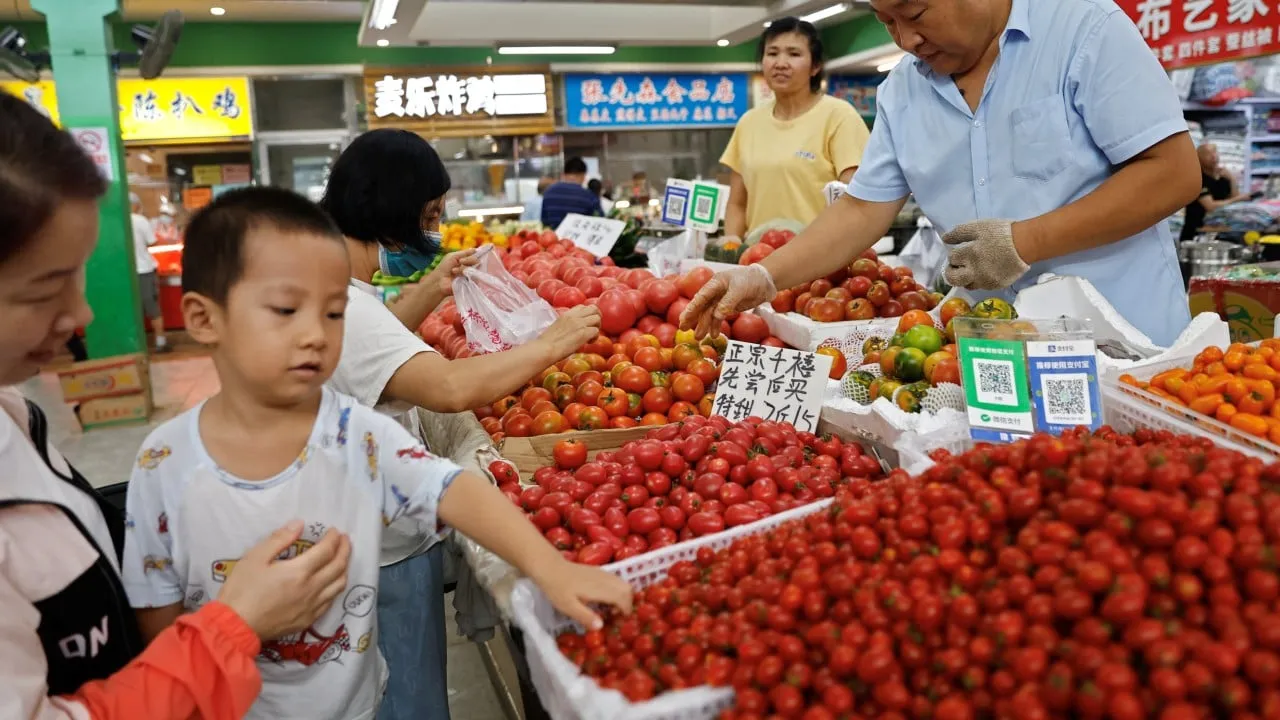Can the Dignity of Italian Tomato Sauce Survive Amidst Trade Sanctions on Chinese Electric Vehicles?

The Tomato Dilemma: Trade and Dignity
Chinese electric vehicles are not the only concern for the EU; the dignity of Italian tomato sauce faces unprecedented threats from China's burgeoning tomato exports. Francesco Mutti's urgent call for tariff protections highlights how trade sanctions against Chinese tomato exports could be necessary.
Understanding the Competition
China's tomato export industry is primarily based in Xinjiang, where local farmers produce vast amounts of tomato paste with the intention of reaching European markets.
- China exported a mere US$259 million worth of tomatoes in 2022.
- The nation ranks as the ninth largest exporter of tomatoes globally.
- Allegations surrounding Uygur labor practices in Xinjiang further complicate this trade.
The European Union's Trade Landscape
The EU currently faces a significant trade deficit with China, totaling €291 billion. Should protectionism emerge within the tomato market, it could potentially affect the entire agricultural sector:
- Trade Surpluses at Risk: Mainly, the EU runs trade surpluses with China in agriculture.
- Italian Sentiment: Italy, facing a trade deficit of over US$30 billion with China, feels particularly vulnerable.
- Price Competition: China’s capacity to disrupt markets poses additional challenges for smaller economies.
Future Prospects for Italian Tomatoes
While the focus has historically been on broader commodities like electric vehicles, this evolving trade narrative now casts a spotlight on the humble tomato. Chinese, Italian, and global agricultural landscapes must adapt as trade relations shift.
This article was prepared using information from open sources in accordance with the principles of Ethical Policy. The editorial team is not responsible for absolute accuracy, as it relies on data from the sources referenced.